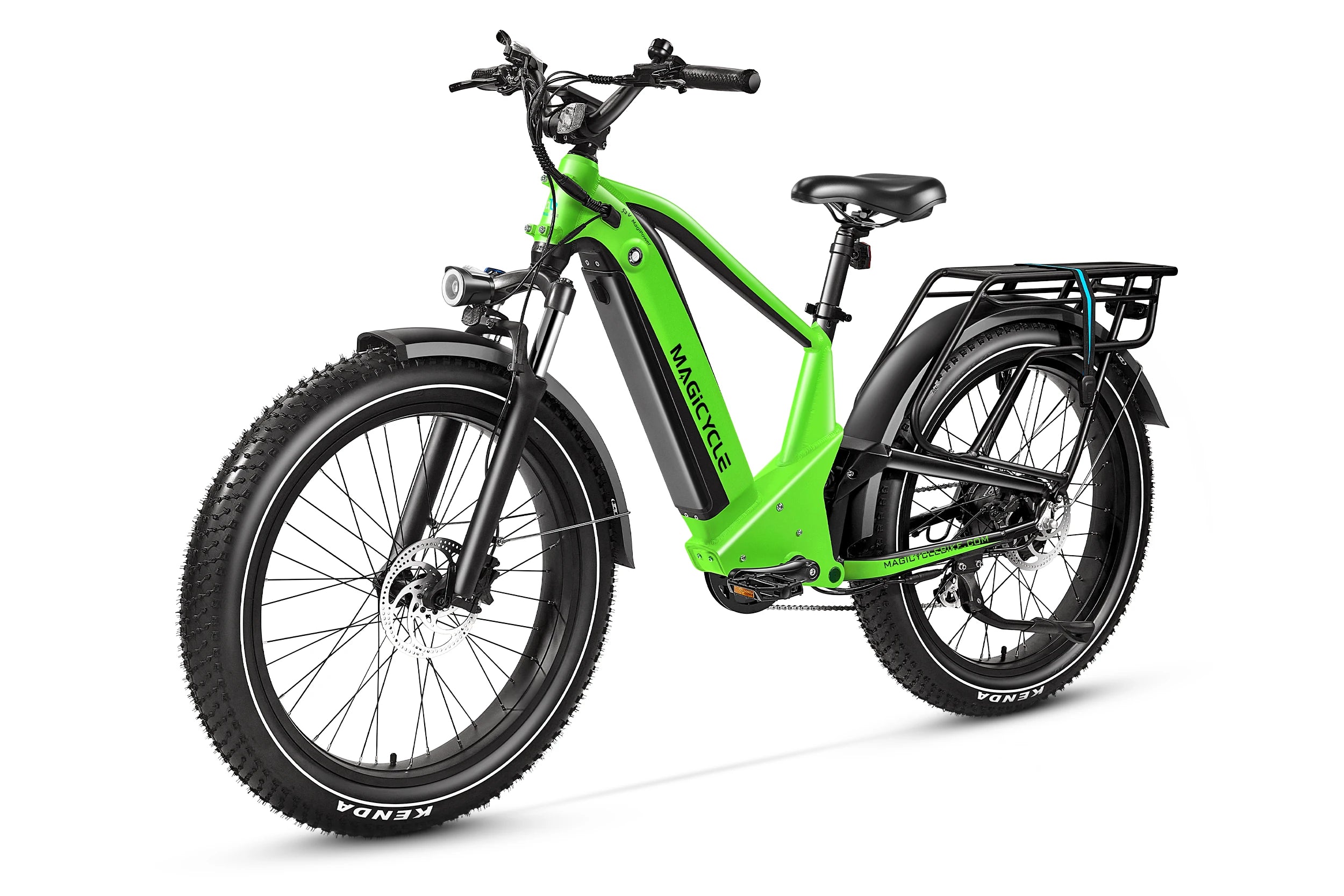Guest
Guest
Sep 13, 2024
1:30 AM

|
The Future of Urban Logistics: How Zero-Emissions Cargo Bikes Are Transforming Last-Mile Delivery
As cities continue to grow, the demand for efficient and sustainable delivery solutions has never been more pressing. Enter the zero-emissions cargo bike, a game-changing innovation that is reshaping the landscape of urban logistics. These bikes not only reduce carbon footprints but also enhance the efficiency of last-mile delivery systems. 
Understanding the Zero-Emissions Cargo Bike
A zero-emissions cargo bike is designed specifically for transporting goods while producing no harmful emissions. Unlike traditional delivery vehicles, these bikes utilize electric power, making them an eco-friendly alternative. But what makes them so effective for urban logistics?
- Compact Design: Their smaller size allows them to navigate through congested city streets with ease.
- Cost-Effective: Lower operational costs compared to gas-powered vehicles.
- Reduced Traffic Congestion: Fewer large vehicles on the road lead to less traffic.
- Enhanced Accessibility: They can access areas that are often restricted for larger vehicles.
Benefits of Using Zero-Emissions Cargo Bikes
The advantages of adopting zero-emissions cargo bikes extend beyond environmental benefits. Here are some key points to consider:
- Environmental Impact: By eliminating emissions, these bikes contribute significantly to cleaner air in urban areas.
- Operational Efficiency: They can often deliver goods faster than traditional vehicles, especially in dense urban environments.
- Community Engagement: Local businesses can leverage these bikes to promote sustainability, enhancing their brand image.
Challenges and Solutions
While the zero-emissions cargo bike presents numerous benefits, challenges remain. For instance, the initial investment in electric cargo bikes can be substantial. However, many companies find that the long-term savings in fuel and maintenance costs outweigh these initial expenses. Additionally, infrastructure for bike lanes and charging stations is still developing in many cities.
To address these challenges, stakeholders can:
- Advocate for better cycling infrastructure.
- Collaborate with local governments to create incentives for businesses adopting sustainable practices.
- Invest in education and training for riders to ensure safety and efficiency.
Conclusion: The Path Forward
As we look to the future, the role of the zero-emissions cargo bike in urban logistics is poised to expand. With ongoing advancements in technology and increasing awareness of environmental issues, these bikes represent a sustainable solution for last-mile delivery. Companies interested in exploring this innovative option can find a variety of models tailored to their needs. For instance, check out the selection of  that combine functionality with eco-friendliness. that combine functionality with eco-friendliness.
In summary, the zero-emissions cargo bike is not just a trend; it is a vital component of the future of urban logistics. By embracing this technology, cities can move towards a more sustainable and efficient delivery system.
|